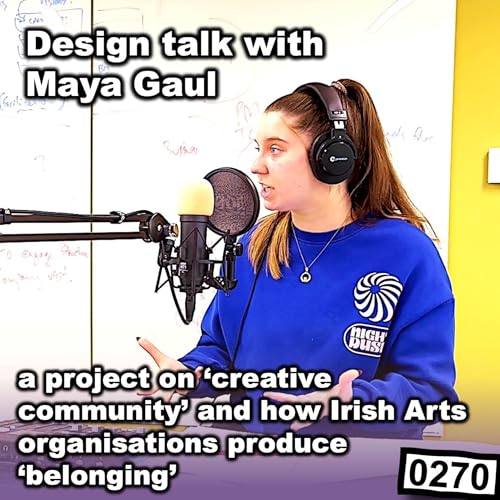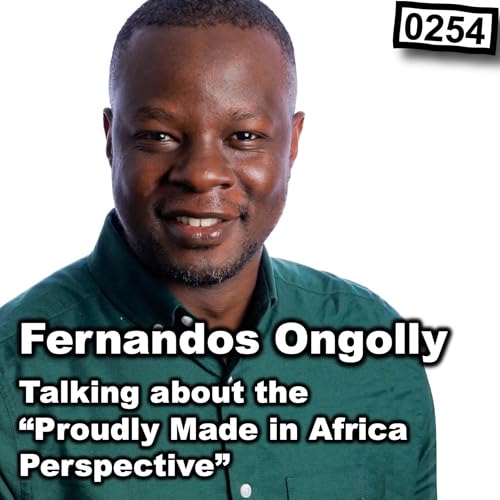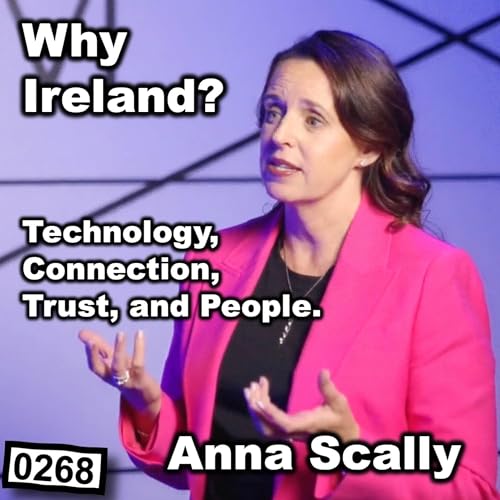Today we’re talking with Fernandos Ongolly, to learn about home-grown innovations and digital startups from The Continent – in this case, Africa.
Our hosts are Selma Anya, Safa A. A. Emam, and Diana Achiro, students on the MSc Digital Innovation programme.
Fernandos has a PhD from UCD. He is the current “Proudly Made in Africa” Fellow in Business and Development at UCD College of Business, and the founder of – Non-EU Academics and Researchers Community in Ireland.
Our audience is the class of 2025 studying the Outsourcing and Offshoring module taught by Allen Higgins.
First, Fernandos, would you like to say a few words about your current role and a little about your journey?
· African nations might not be the first place that investors and business associate with “technology ambition”, can you set the context? [notes: technical infrastructure, physical infrastructure, population demographics, connectedness etc.]
· Talk about some success stories from Africa and the sectors they occur in? [notes: in FinTech, Education, AgriTech and eCommerce]
· What are the opportunities for outsourcing to Africa? [notes: BPO, content moderation and specialized services, much of today’s AI is/was trained by centers in Africa]
· For the startup environment, like Silicon Valley, where are the incubators, clusters, and centers of excellence? [notes: the three big regions East, West and South – Kenya; Nigeria; South Africa]
· Can you talk about the role culture plays. No doubt there are challenges but opportunities too? [notes: strong social ties, high-trust cultures, entrepreneurial attitude is prevalent – trading is a way of life]
· Questions from the hosts
· Questions from the audience.
Further reading and notes
Fernandos Ongolly on LinkedIn - https://www.linkedin.com/in/fernandos-ongolly-phd-89927b32/
Proudly Made in Africa is a Trade Justice and Global Citizenship Education organization. For more see - https://www.proudlymadeinafrica.org
Also, the PMIA Podcast on YouTube - https://www.youtube.com/@proudlymadeinafrica
Acknowledgements
Music
Title: Faceplant with UK Garage
Artist: Allen Higgins
Source: a-Wed23Oct2024
License: CC BY-NC-SA 4.0. Includes samples from Ableton Live by Ableton AG and by KORG Inc.
Cover Art
Title: Guest and class
Artist: Allen Higgins
Source: Pepperdine_Fernandos.pptx
License: CC BY-NC-SA 4.0
Podcast License
Design Talk (dot IE) CC BY-NC-SA 4.0
The license can be viewed at https://creativecommons.org/licenses/by-nc-sa/4.0
By taking part, you give permission for your voice to be recorded, for the recording to be edited, and for it to be posted and published as a podcast.
Hosted on Acast. See acast.com/privacy for more information.
 Feb 16 20268 min
Feb 16 20268 min 1 h et 25 min
1 h et 25 min 56 min
56 min Dec 9 202550 min
Dec 9 202550 min 49 min
49 min 53 min
53 min Nov 25 202554 min
Nov 25 202554 min Nov 11 202541 min
Nov 11 202541 min
